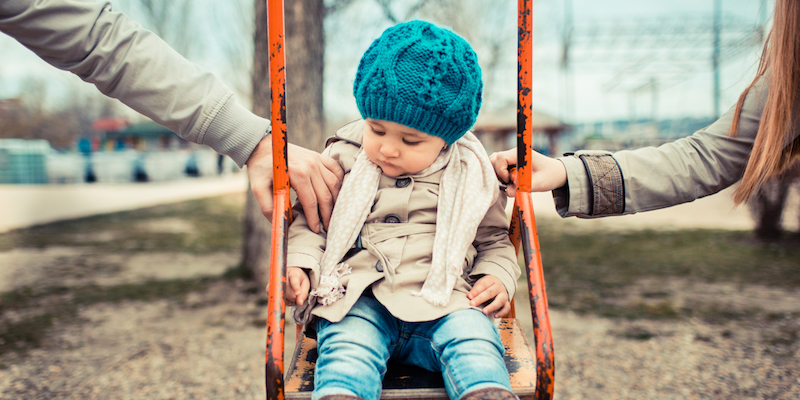While divorce does mean the end of a family living as a single unit, it does not have to mean the end of a unified family. Joint custody seeks to have physical custody split equally between each parent, assuring frequent and meaningful contact, and legal custody that has the parents continuing to work together to make decisions regarding the health, education, and welfare of the children.
Co-parenting refers to parents post-divorce working as a single unit in raising the children in a consistent, loving and nurturing fashion. Good co-parenting makes the children feel more secure and open to communicating with both parents, fostering trust and esteem. It reduces conflict and the degree of manipulation that children undertake when parents disagree or have very different parenting styles.
Perhaps the most important step toward ensuring successful co-parenting is a well-crafted co-parenting agreement. When the court enters a judgment of dissolution, it will include a detailed Parenting Plan with a physical custody schedule and basic rules with regard to exercising joint legal custody, including the types of decisions to be made together, the form of consultation and deliberation to make these decisions, how the parents will communicate to make these decisions, and how to resolve differences when the parents cannot agree.
But parents should think beyond what the court will order and craft more specific and detailed agreements that suit their particular family. Sometimes, the lack of clarity in a provision of a plan leads to later confusion and conflict. Some parents need all of the rules of engagement spelled out in explicit detail, and they should do so in their own agreements. The more both parents have a mutual understanding of the co-parenting ground rules, the more likely co-parenting will be successful.
When couples divorce, children may take sides – not exactly favoring one parent exclusively, but realizing that differences in parenting styles can lead to loopholes to allow the crafty child to use the situation to get certain things from one parent when the other parent would not agree. Allowing the child to do this seriously undermines the co-parenting relationship and undermines the trust of all involved. It is important that parents support each other and basic ground rules so that children do not unwittingly begin undoing all the goodwill that makes co-parenting successful.
Finally, it is important for parents to be open to seeking help, including therapists if they run into issues or the children have problems. Divorce creates a great deal of tumult emotionally, and even the best post-divorce relationships can be challenging. Rather than wait until returning to court, parents should seek out help to work through issues that impact their ability to co-parent or to address difficulties the children experience in the transition.
Following these three steps can make co-parenting a truly positive experience and minimize the need for a court to resolve everyday issues.
If you have questions about co-parenting and joint custody, contact us – we can help.
